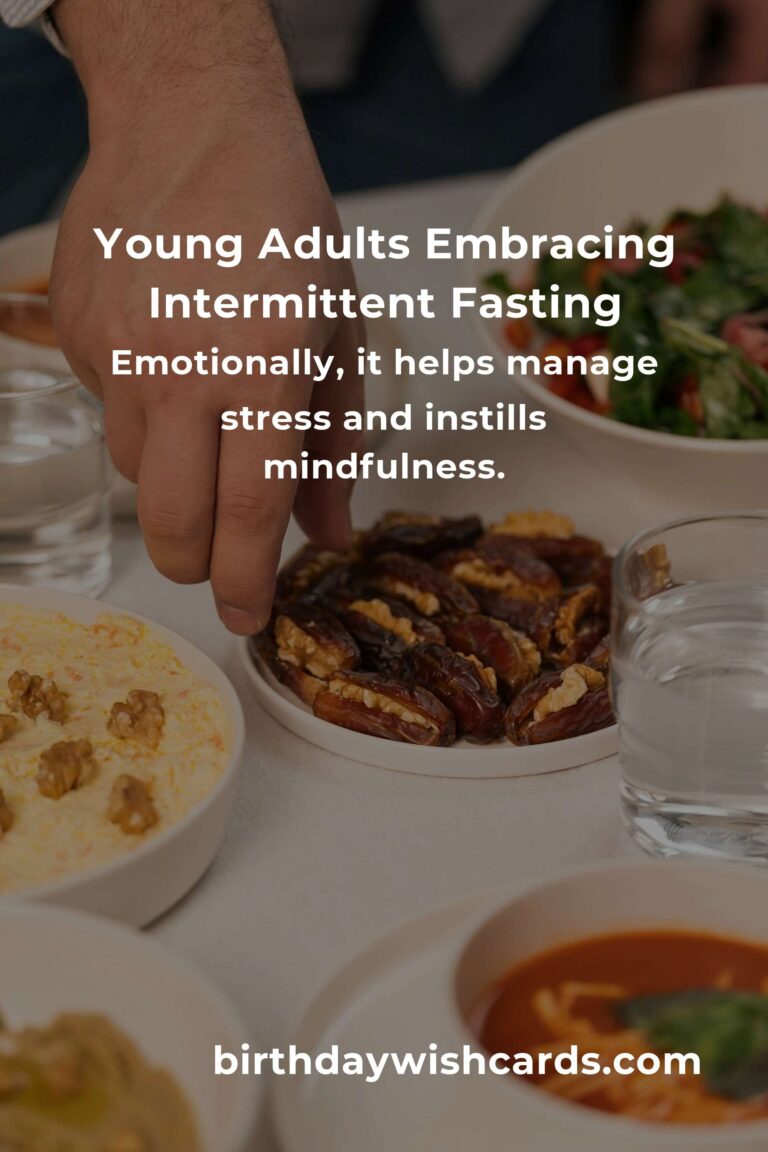
In today’s fast-paced world, maintaining a healthy lifestyle can often seem overwhelming. However, adopting effective healthy habits can significantly improve your overall well-being and enhance your quality of life. This ultimate guide will provide you with the tools and knowledge you need to incorporate sustainable and beneficial practices into your daily routine.
Understanding Healthy Habits
Healthy habits are behaviors that align with maintaining or improving your physical, mental, and emotional health. They are the foundational elements of a balanced lifestyle and can include a wide range of activities such as regular exercise, a balanced diet, adequate sleep, and stress management.
Physical Health Habits
Exercise Regularly
Incorporating regular physical activity into your routine is crucial for maintaining a healthy body. Aim for at least 150 minutes of moderate aerobic exercise each week, such as walking, cycling, or swimming. Strength training exercises should also be included at least twice a week to build and maintain muscle mass.
Balanced Diet
A balanced diet is essential for providing your body with the necessary nutrients to function correctly. Focus on consuming a variety of fruits, vegetables, whole grains, lean proteins, and healthy fats. Avoid excessive sugar, salt, and processed foods to maintain a healthy weight and reduce the risk of chronic diseases.
Mental Health Habits
Mindfulness and Meditation
Practicing mindfulness and meditation can significantly enhance your mental health by reducing stress and anxiety. Spend a few minutes each day in quiet reflection or guided meditation to improve your focus and emotional well-being.
Social Connections
Maintaining strong social connections is vital for mental health. Engage in meaningful conversations with friends and family, join social groups, or participate in community activities to foster a sense of belonging and support.
Emotional Health Habits
Express Gratitude
Regularly acknowledging and expressing gratitude can lead to increased happiness and emotional resilience. Keep a gratitude journal or share your appreciation with others to cultivate a positive mindset.
Set Realistic Goals
Setting and achieving realistic goals can boost your self-esteem and provide a sense of accomplishment. Break larger goals into smaller, manageable steps to ensure success and avoid feeling overwhelmed.
Creating a Habit-Forming Environment
Designing an environment that supports healthy habits is crucial for long-term success. Remove temptations that hinder your progress and surround yourself with reminders of your goals. Incorporate healthy choices into your daily routine until they become second nature.
Overcoming Challenges
Adopting new habits can be challenging, especially if you’re trying to break old, unhealthy patterns. Stay motivated by tracking your progress, rewarding yourself for achievements, and seeking support from friends, family, or professional coaches.
Conclusion
Developing effective healthy habits is a journey that requires commitment and perseverance. By understanding the importance of physical, mental, and emotional health, and creating a supportive environment, you can achieve a balanced lifestyle that promotes well-being and longevity. Start small, stay consistent, and watch as these habits transform your life.
Adopting effective healthy habits can significantly improve your overall well-being. Healthy habits are the foundational elements of a balanced lifestyle. Incorporating regular physical activity into your routine is crucial for maintaining a healthy body. A balanced diet is essential for providing your body with the necessary nutrients. Practicing mindfulness and meditation can enhance your mental health by reducing stress. Maintaining strong social connections is vital for mental health. Designing an environment that supports healthy habits is crucial for long-term success. Developing effective healthy habits is a journey that requires commitment and perseverance.
#HealthyHabits #Wellness #Lifestyle #MentalHealth #PhysicalHealth












